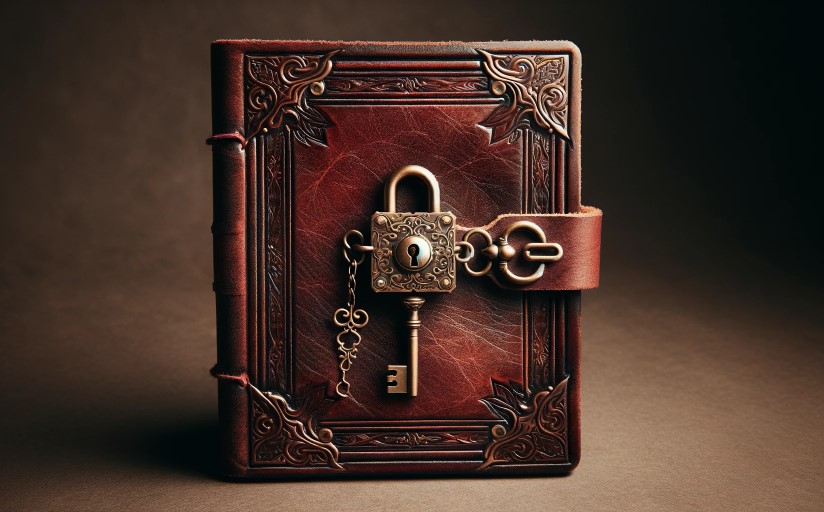What is journaling? Journaling can be a powerful tool to collect your thoughts, reflect on an event, or grow emotionally. It can help you to stay organized, create lists, or simply record the days of your life. There are no limits to the different types of journaling, including keeping a diary or a scrapbook or using a digital app or platform.
The Main Types of Journaling You Should Consider
There are dozens of ways to be a journaler. If you are a beginner or a hobbyist, choosing from the different types of journals depends on your goals and preferences. Journaling also helps you hone your writing skills, perfect your grammar, and refine your punctuation competence.

Dream Diary
Dreams can be exciting and terrifying, or they can leave you feeling breathless. Unfortunately, details begin to fade immediately after waking up for most people. Keeping a dream diary is perfect for those who want to remember their dreams, record them, and later translate them to discover their secret meanings.
How to get started: First, choose the best type of journal to keep, such as a blank notebook, a diary, or a digital platform. Dreamlogging requires immediate attention upon waking, so a paper journal is best. Find a safe and convenient spot to keep your journal within arm’s reach of your bed. When you wake up, grab your dream journal and write down everything you remember before the memory fades away.
To-Do List
Creating to-do lists before bed each night will organize the day ahead. This creates more time during your day to get things done, less time organizing your thoughts, and more free time due to your new organizational skills.
How to get started: First, choose your format, whether it be digital or paper. Before bed each night, write down everything you need to do the next day in a checklist format for convenience. Be sure to check everything off the list already completed.
Personal Diary
Of the different types of journals, a personal diary is one of the most popular forms of journaling. Keeping a personal diary means writing down things you experienced throughout your day and recording dates to ensure continuity.
How to get started: Choose a diary book or digital app. Before you go to bed, write down anything noteworthy that happened that day. It can highlight yourself or someone else. It’s your life. Write it down!
Expressive Journal
An expressive or artistic journal is like a scrapbook, archiving your creative ideas, lyrics, or business ideas. You can even use it to manifest opportunities, money, or relationships by writing down what you believe is already yours. Poets use expressive journals so they never let a rhapsodic phrase fall to the wayside.
How to get started: Choose a paper or digital method. Write down whatever strikes your mind that you do not want to forget. Keep your journal handy so you never let a good idea go to waste.

Travel Journal
A travel journal has many benefits. Writing down your experiences as you travel creates a series of chronicles. As we get older, memories begin to fade. Having an archive of your travels gives you, your friends, and your family a way to rekindle good times from the past, reliving memories from your written words.
How to get started: Keep a diary or notebook with you as you travel. Make sure it’s kept handy so you can grab it to write down noteworthy events as they happen. You can also take out your notebook at night to write down any details missed or to recap your day.
Express Yourself With Many Different Types of Journals
Journaling is part of a self-reflective journey, and different types of journaling can help you become more organized, chronicle your life and dreams, create archives of meaningful events, and manifest new opportunities. Don’t stick to just one type of journal – try different ones to see which ones enhance your life!
Learn how to express yourself clearly and give your words more impact by following more of our Writing Tips.


Leave a Reply